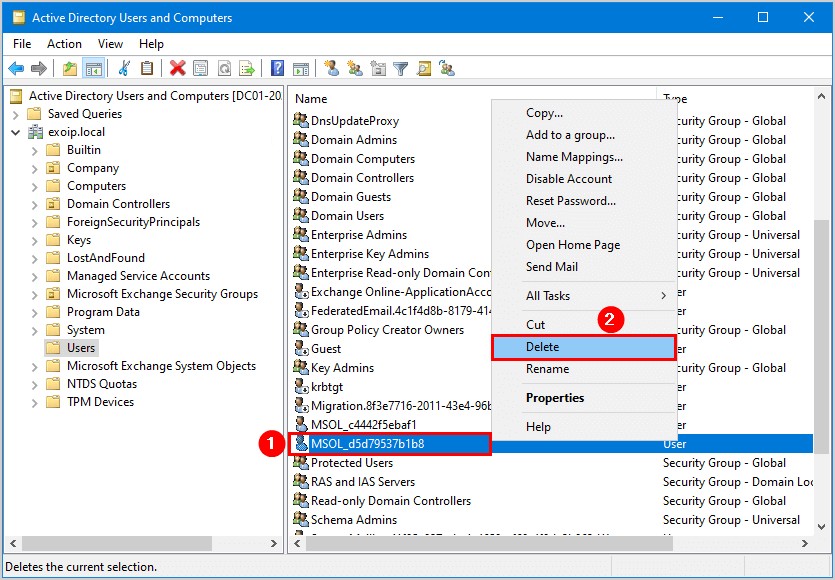
A severe vulnerability in Microsoft's Active Directory system could allow attackers to crash multiple Windows servers simultaneously, security researchers have revealed. The flaw, identified as CVE-2024-49113, affects the Lightweight Directory Access Protocol (LDAP) used for database searches in Active Directory.
Security firm SafeBreach discovered that the vulnerability goes beyond initial assessments of a simple denial-of-service attack. Their analysis shows that malicious actors could potentially crash any Windows server if the target system's domain controller has an internet-connected DNS server.
"With this LDAP vulnerability, attackers can immediately target domain controllers before defenders have time to respond," explains Tal Be'ery, Chief Technology Officer at Zengo Wallet. This direct access eliminates the usual time-consuming process where attackers must methodically work through multiple systems to reach valuable domain controller credentials.
While no active exploits have been detected in the wild, the release of exploit code by PatchPoint has raised concerns about potential attacks. The vulnerability received a critical CVSS score of 9.8, highlighting its severity.
Microsoft addressed this flaw in their December security updates, but experts worry many organizations remain unprotected. System administrators are strongly advised to immediately patch all Windows Servers and domain controllers.
For organizations unable to apply patches immediately, security experts recommend implementing LDAP and RPC firewalls as protective measures to prevent potential exploitation of this vulnerability.
This security issue particularly concerns organizations because prior to December's update, every Windows Server installation was potentially vulnerable to this attack vector. The widespread nature of Windows Server deployments in enterprise environments makes this an especially pressing security concern.
#cybersecurity #microsoft #windows